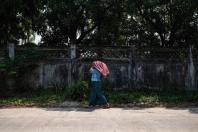KATHMANDU, Nepal (The Kathmandu Post/ANN) - Gurkha veterans recall the promises the new prime minister had made to the community during his time as mayor and foreign minister.
Boris Johnson might be a controversial Brexit champion, who has drawn unfavourable comparisons with US President Donald J Trump for his brash manner and untameable hair. But for British Gurkha veterans, he might be just what they’re looking for.
Nepalis in the United Kingdom’s large Gurkha community say they are cautiously optimistic about Britain’s new prime minister, hoping his past actions and promises bear fruit if he lives up to them—something the Conservative Party leader hasn’t had a great track record in.
“When Boris was the mayor of London in 2012, a team from the Gurkha Human Rights Group had met him with our demands,” Gyan Rai, a Gurkha veteran told the Post over the phone from London. “He had assured us that if he was in power, he would have fulfilled the demands of the Gurkhas.”
Johnson’s decision to continue with Mark Lancaster as State Minister for the Armed Forces bodes well for Gurkha veterans who have been demanding equal pay, pension and other facilities on par with British nationals, based on a 1947 Tripartite Agreement between the Nepal, British and Indian governments. Two weeks after a visit to Nepal in February, Lancaster had announced an increase in individual pensions for Gurkha soldiers to 34 percent. The UK government also said that it would provide an additional £25 million (Rs 3.6 billion) to the Gurkha Welfare Trust in Nepal for healthcare for veterans in Nepal over the next 10 years.
Lancaster had wanted to make the announcement in Kathmandu, through a joint press conference, but the Nepal government refused, saying the issue was between the British government and Gurkha veterans—not the Nepal government—who should be satisfied with the new offer. Predictably, the protesting Gurkha veterans outright rejected Lancaster’s proposal, saying that until pay, pension and other facilities are not equal to British nationals serving in the British army, any piecemeal approach is not a solution.
Though Lancaster’s solution was not acceptable to retired Gurkhas, it displayed a willingness to engage with and understand their issues, according to Gurkha veterans.
Veterans also pointed to Johnson’s tenure as the mayor of London, which they say has rekindled their hope that the new prime minister might deliver on his promises.
“I am just a mayor now, he had told us in 2012,” Rai said. “He is quite familiar with our demands and he told us he is serious about fulfilling them.”
Then, before launching a hunger strike the following year, which made headlines around the world, a team of protesting Gurkha veterans wrote to all senior officials in the British government, including Johnson.
“He replied to us with a letter saying that the demands of Gurkhas should be met through talks and urged us to initiate talks with the British government,” said Rai. “He promised to address our grievances.”
Six years later, with Britain barrelling towards Brexit, it is difficult to say whether the Gurkha issue will feature in Cabinet discussions. No matter who leads the government, the core decision depends on the Civil Service Commission, according to Tekendra Dewan, president of British Gurkha Welfare Society. “At the end of the day, it’s the civil service that is behind all the decision-making processes,” he said.
Brexit could also have far-reaching consequences for the families of Gurkhas who have settled in the United Kingdom since decades. While some veterans believe that Brexit could actually make it easier for the siblings of former Gurkhas to receive residential visas, recent cases say otherwise.
Last week, a senior immigration tribunal judge overturned a previous ruling which would have allowed the daughter of a former Gurkha, who served in the British Army for 15 years, to live in Britain with him. The decision, according to the Telegraph, said judges had made mistakes in the case by failing to properly address the question of whether the daughter was financially dependent on her father, who now lives in London. The daughter had applied to come to the UK with her father and her younger brother. While her brother’s application was granted, hers was refused because she was married.
But not everything depends on the British government, some veterans say. The Nepal government should also take up the issue with the new British administration.
“How the Nepal government will take up the issue with British authorities actually matters,” said Narendra Kangmang Rai, who has written a book on Gurkha veterans. “I do not think that a change in guard in the UK will make much difference in our case.”
On July 16, a joint struggle committee of Gurkha veterans led by Krishna Bahadur Rai had met with the leaders of major political parties as well as Foreign Minister Pradeep Gyawali, seeking their assistance at the parliamentary level.
“We met the foreign minister, top leaders from the ruling party and the main opposition party to ask them to raise their voices in Parliament and in the government,” said SB Ghising, spokesperson of the Gurkhas Joint Satyagraha Struggle Committee. “The foreign minister had promised us that he would write to the British government once the new government is installed in London.”


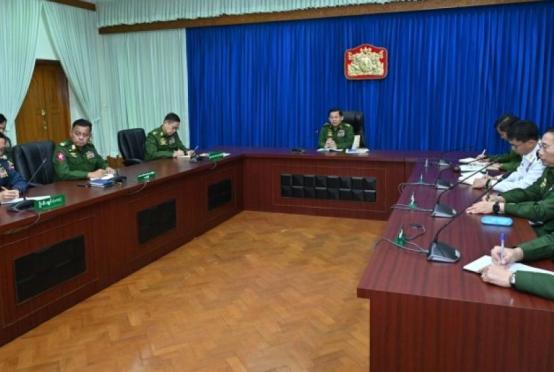
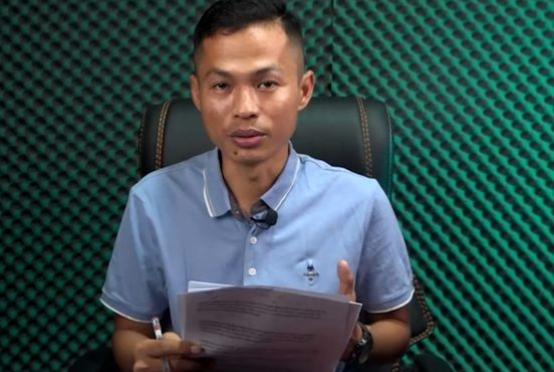
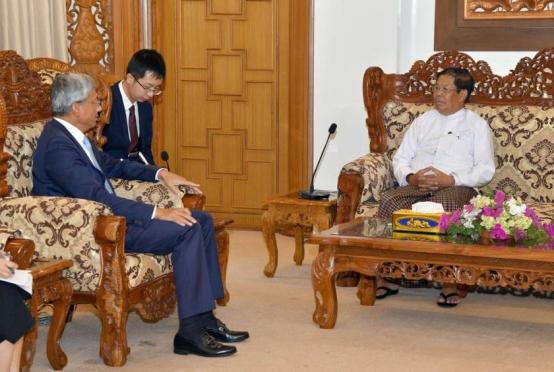
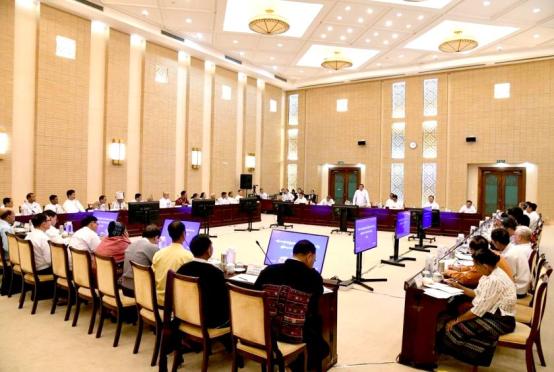




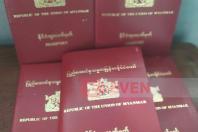

![[Photo credit: Shwe Yoathlwar charity group]](https://elevenmyanmar.com/sites/news-eleven.com/files/styles/most_read_img/public/news-images/plaza.jpg?itok=v6Gn0YGX)

